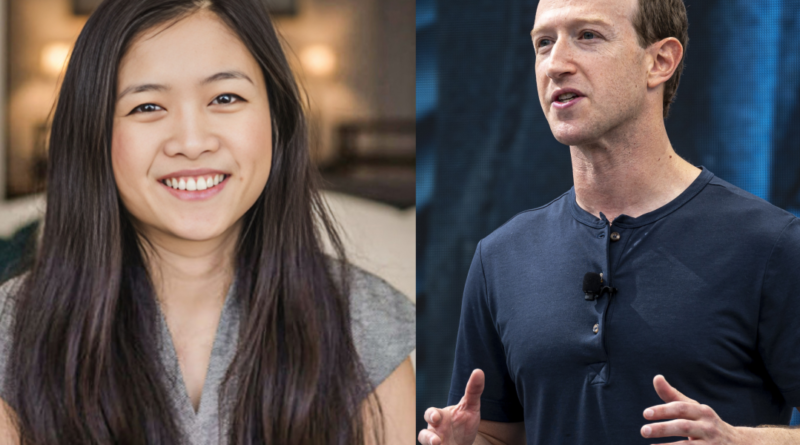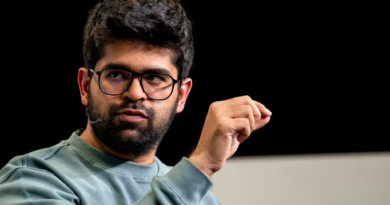Mark Zuckerberg gave his ex-Facebook engineer startup advice at 2 a.m. over chess—now she’s a founder with over $8.5 million raised in funding
When Sophie Novati landed her first job as an engineering intern at Facebook in 2011, the social media giant was firmly in its “move fast and break things” era.
“The energy was buzzing early Facebook,” the now tech entrepreneur recalls to Fortune. “There were so many people just trying to build and ship cool stuff.”
“It honestly almost felt like it was college,” she adds. “People were literally sleeping at the office… It felt like everyone that I was there with were just all buddies and hanging out. Everyone was working very hard. But it felt like the dorm room.”
A few years later, Novati left Facebook (now Meta) to join the platform Nextdoor as its second iOS engineer hire. The 33-year-old helped build it from the ground up before founding her own firm, Formation in 2019.
The job placement company offers various subscription packages and programs to help engineers secure work or increase their earning potential. For a fee (ranging from $2,500 to $20,000), job seekers can get access to unlimited resume reviews, negotiation coaching, mentoring, mock interviews, exam drills and more.
Having been Facebook’s de facto inclusivity lead in the engineering department, she says she was inspired to found Formation and help remove barriers to entry.
“At Facebook and Nextdoor, I was probably one of 15 people who was a woman and that ratio just didn’t feel right.”
Now, over 1,300 job seekers have enlisted Formation’s help to get a seat at the table—on average, they’ve landed a $127,286 pay rise in the process, according to the company.
But, Novati says, Formation’s success today is partly due to a late-night chess lesson from her former boss, Mark Zuckerberg.
Zuckerberg’s advice over chess
It was 2am on one night in 2011 when Zuckerberg was “hanging out with all the interns,” including playing a couple of chess matches with Novati (who claims she won).
“That was the vibe of the company at the time,” Novati says, adding that it was the first time she was able to ask him the million-dollar question: How’s the social network going to make any money?
“Facebook was growing users at a pace that no one’s seen before,” she adds. “But it couldn’t make any money.”
Of course, today, Facebook—or Meta—is a $1.3 trillion social media giant with Instagram and WhatsApp under its wing. However, up until 2012, the year Facebook went public, its mobile app didn’t actually make money.
It didn’t feature ads and the move to incorporate them was considered risky.
In the end, the company was able to turn likes and shares into profit, by turning its users into the product.
The “aggressive” strategy lifted Facebook from “no meaningful revenue” to $153 million in mobile ads, The Atlantic reported at the time.
“His response to me was, if you can figure out a way to capture people’s valuable attention, you can always figure out how to turn that into money later,” Novati recalls.
“What he was really focused on building is figuring out how to deliver value to people,” she adds. “Later on, you can always turn that value into dollars.”
It’s why Novati has always been hyper-focused on promoting how Formation is adding value to engineers’ lives instead of worrying about its list of clients or sign-up rates.
“We look at increase in compensation as our number one metric,” she explains.
“College in the U.S. costs on average around $100k for 4 years. The average compensation for people who go through versus those who do not is about $20km. So people are paying $100k for $20k value—we are the flip here, we’re helping people make $127k more and we’re charging $10-15k.”
“It’s pretty crazy that people are making over $100k more as a result of going through a program,” she boasts.
So far, Zuckerberg’s ethos has been on the money.
According to Novati, Formation has raised over $8.5 million in funding and is working with the likes of Netflix, Google, Twitch, Dropbox, Adobe and her old employer Meta among others.
“There’s still a lot more that we can do to better capture the value that we’re creating,” Novati concludes.
But for now, her attention remains “on getting people into these top jobs and significantly improving the trajectories of their career.”




